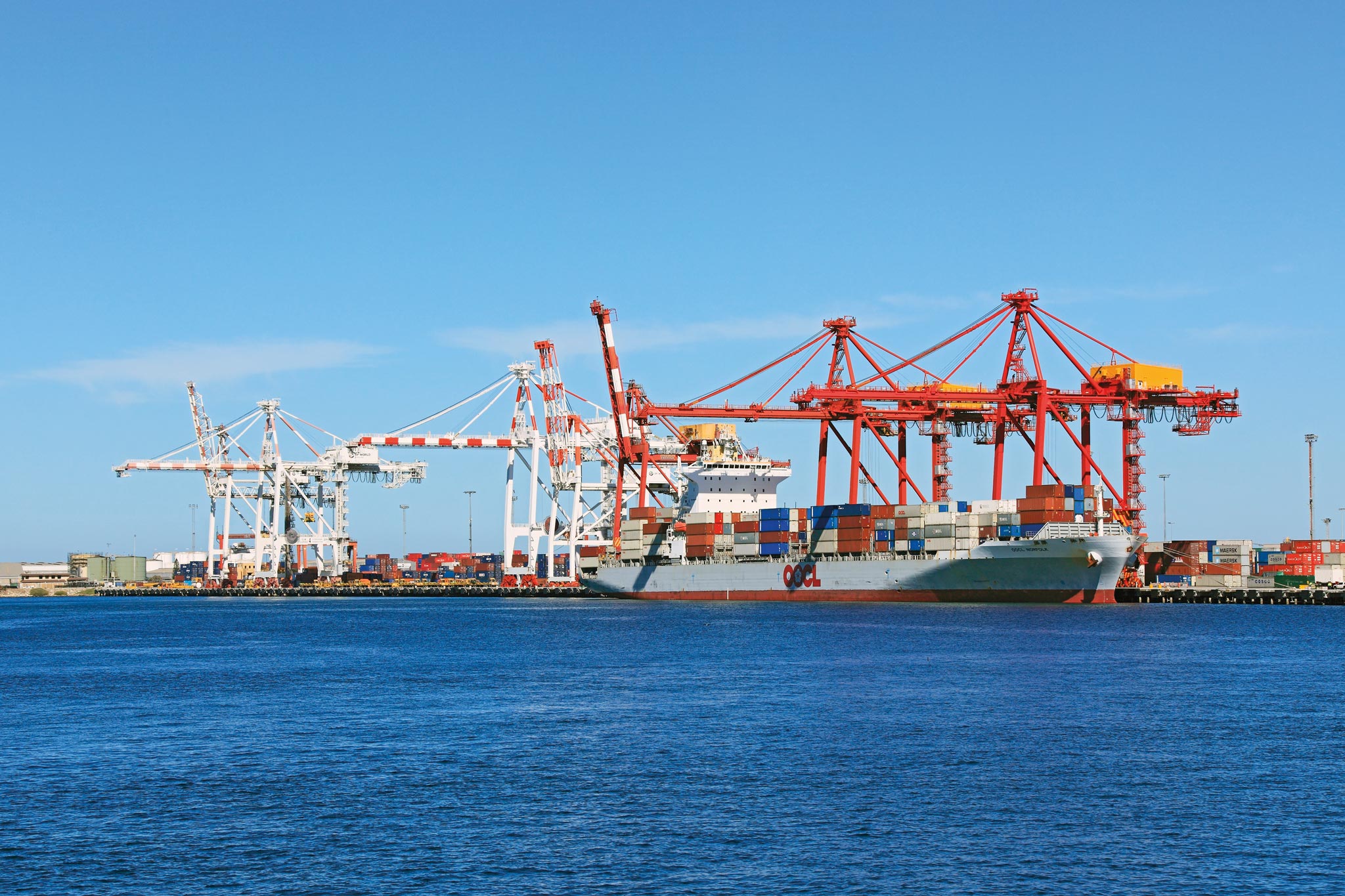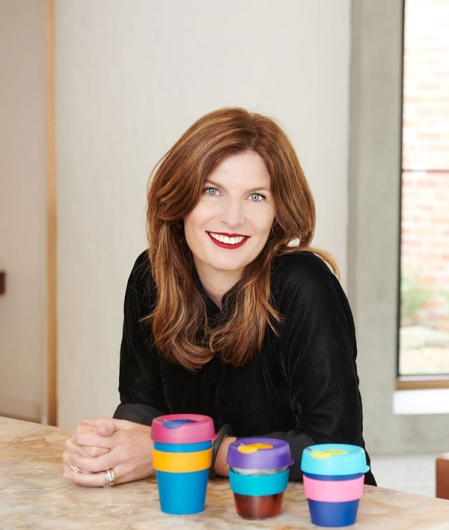Ros Harvey refers to herself as an unlikely entrepreneur. The Founder and Managing Director of The Yield says ‘I’m over 50, I’m a woman and I’m not a technologist’, but she is a passionate problem-solver and lover of all things technological.
‘If anyone ever told me that I’d be running an AgTech business when I was a kid, I would not have believed them’, says Ros, who grew up in Sydney and spent the start of her career based in Hobart working on women’s employment policy, pay equity and workplace change issues.
Ros’ journey into the world of business technology began when she moved to Cambodia and then Switzerland with the International Labour Organization, where she created a social enterprise called Better Work.
‘We were interested in finding a way to provide a market-based incentive to improve working conditions, which in turn, improved development outcomes in some of the poorest communities in the world’, she says.
 Better
Work monitored working conditions in the apparel industry
and put the information obtained on an online cloud. This
was then sold to the world’s biggest brands and
governments to help them develop better public policy,
leading to improvements in working conditions.
Better
Work monitored working conditions in the apparel industry
and put the information obtained on an online cloud. This
was then sold to the world’s biggest brands and
governments to help them develop better public policy,
leading to improvements in working conditions.
Australia is such a fantastic place to innovate with AgTech.

Ros Harvey. Image credit: Chris Mollison Photography
‘I learnt a phenomenal amount and I got hooked on the transformative power of technology’, Ros says.
After launching Better Work in eight developing countries, Ros moved back to Tasmania with her family. Here she used her expertise in business solutions to launch her new venture, an agricultural technology startup called The Yield.
Using sensors, apps, data analysis and artificial intelligence, Ros’ company records and predicts microclimate conditions on farms so growers can make faster and better decisions about their crops. The Yield’s first technology solutions use real-time data to improve business systems in agriculture—from accurately predicting water salinity to prevent the closure of oyster farms, to informing on-land farming decisions like when to plant, irrigate, feed, protect and harvest crops.

Oyster farming is one of the most sustainable industries in the world. The Yield has been helping Barilla Bay Oysters improve yield since 2015. Image credit: Chris Mollison Photography
The company also provides aggregated data to approved research organisations who use it to create models for things like disease management. This is done with the express consent of growers.
The Yield secured an Accelerating Commercialisation Government grant worth $1 million in 2016. It has gone on to raise $11.5 million in private capital, much of it from foreign investors. With the support from some of the world’s biggest companies like Bosch, KPMG and AgFunder, The Yield has grown rapidly.
Ros and her team are now in the process of proving similar concepts of their technology in Spain and the US. She says in her experience, Australia is seen as a global leader in technology: ‘we can get a lot of traction because of the way we collaborate and work with industry’.
‘Australia is such a fantastic place to innovate with AgTech’, Ros says. ‘Its value to Australia is many fold, it allows for sustainable production, which improves the efficiency and effectiveness of the global food supply chain, but we’re also capitalising on the digital technology being developed here.’




